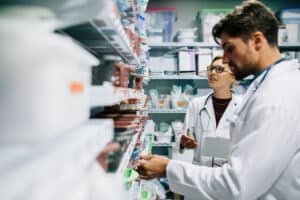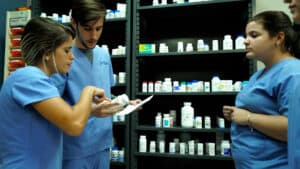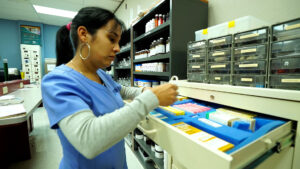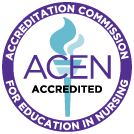If you have ever been to a pharmacy then there is a good chance that you’ve seen pharmacists and pharmacy technicians working side by side, and you might wonder if pharmacy tech schools are a logical first step on the road to becoming a full pharmacist. Before we get into that, what is a pharmacy technician and how exactly do they differ from a full pharmacist? Let’s compare them below:
- Pharmacy Technician – In this career the individual has completed the bare minimal of the educational requirements to work in a pharmacy setting. In some cases, the individual in question may not have completed any education but rather received on the job training.
- Pharmacist – A pharmacist has completed extensive education, perhaps six to seven years of school. Something to keep in mind is that the final examinations and the experience gained during on the job training might not be applied to start pharmacist licensing requirements, which creates a potential problem for anyone looking to jump careers.
Educational Requirements for the Pharmacist Role
In order to become a pharmacist, a student will need to finish training at a pharmacy school, obtaining a Pharmacist Degree. This will require about four years of study, and some students will complete 2-4 years of undergraduate study first, tacking on more to the time required. There are other ways to practice however, other than in a pharmacy. Some pharmacists, for example, will pursue clinical work, completing a 1-2 year fellowship following the receipt of their degree.
Pharmacist Exams
 In a pharmacist wishes to become licensed through the state pharmacy board, they will need to complete and pass an examination, with the requirements changing from state to state. There are two main examinations in the United States which are:
In a pharmacist wishes to become licensed through the state pharmacy board, they will need to complete and pass an examination, with the requirements changing from state to state. There are two main examinations in the United States which are:
- North American Pharmacist Licensure Examination/NAPLEX
- Multistate Pharmacy Jurisprudence Examination/MPJE
In some states it will be necessary for an aspiring pharmacist to take both of these examinations, and it will be the responsibility of the student to determine whether or not this is the case for them.
Gaining Job Experience
The experience gained in the classroom is going to be very important, but it will not satisfy all of the requirements. Along with that classroom instruction, a potential pharmacist will need to obtain a given amount of clinical hours working as a pharmacy technician, and the exact number of hours will change from state to state. If you want a ballpark figure, however, most states will require the individual to complete about 1,200 to 2,000 hours. Also keep in mind that some states do require clinical experience before a license can be obtained.
Enroll at the Right School
There are some parts of becoming a pharmacy technician that will not carry over to the role of pharmacist, especially when it comes to the certification, but that does not mean that the effort is in vain, not by any means. Actually, the experience can go a long way, and in the end, you will value the education you received in our pharmacy technician program in Florida.
Before you jump off into this career, we would strongly recommend that you take the time to research schools and of course make sure that they are properly accredited so your hard work doesn’t go in vain. As an accredited institution, we are able to offer financial aid to those who qualify. We are more than ready to give you the help you need getting your foot in the door. FVI’s pharmacy technician school in Miami, FL can be completed in just 9 months! Call us today to find out more!
More Information Here:
http://www.homehealthaideguide.com/hha-training/states/florida-hha/


